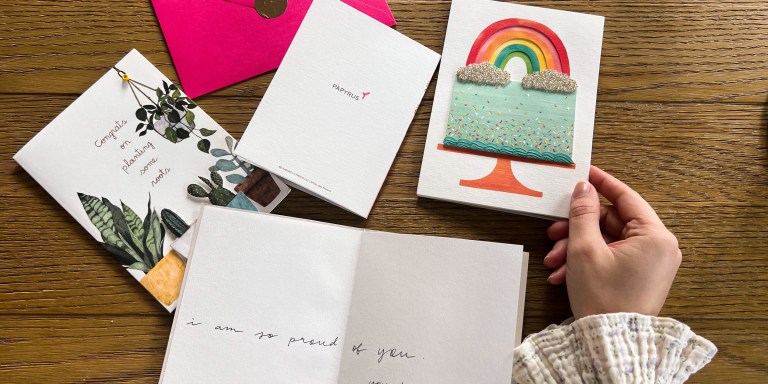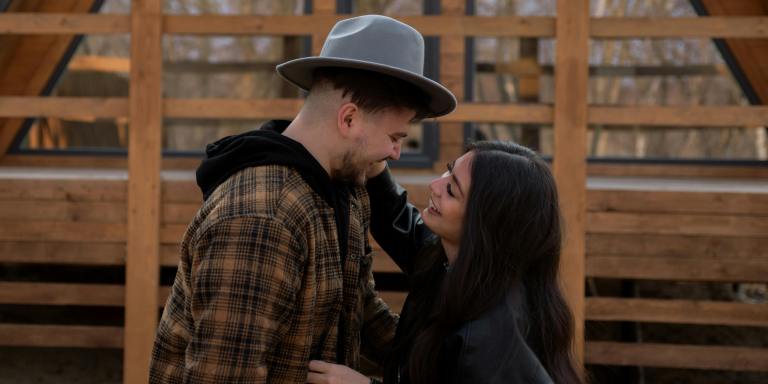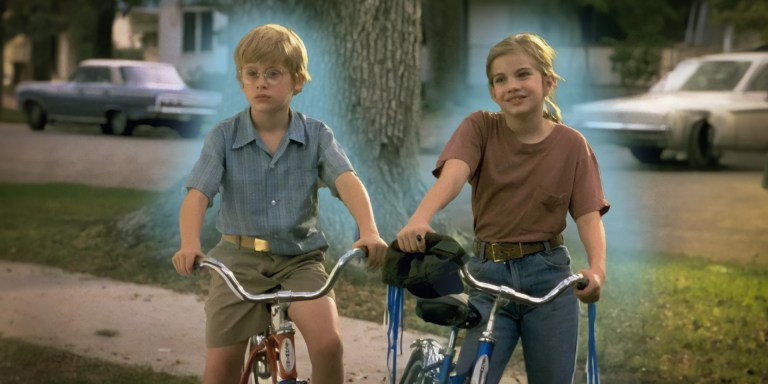In the summer of 2012, I worked as a rock climbing instructor at an expensive camp for young girls. I had just graduated from Bryn Mawr College, where I had come to believe that an all-women’s environment cultivated a sense of empowerment. A place without men meant a place without social pressure; that’s what I told the camp director during my phone interview, anyway.
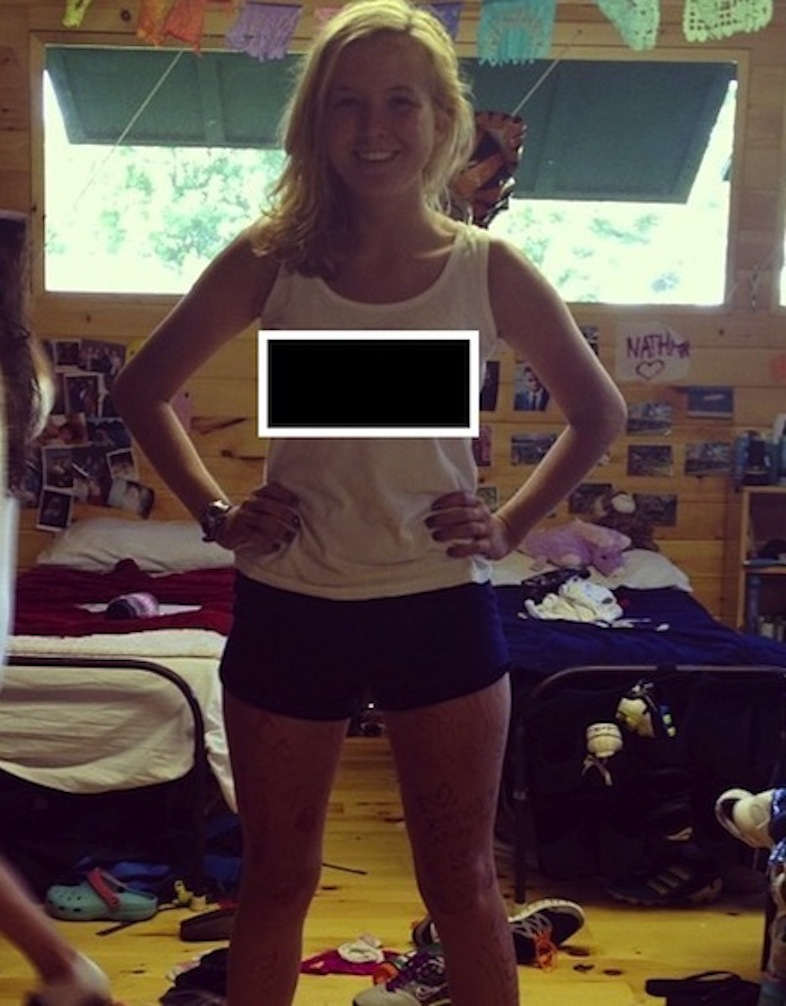
I lived with a bunk of nine 13-year-olds, all of whom were tall, strikingly attractive, and extremely skilled in athletics. I had a pre-Olympic gymnast, two soccer mavens and a pair of twins who played basketball like they shared a psychic bond. As my camp supervisor told me, “These girls are the future prom queens and star athletes of America. They get what they want, when they want it, and they deserve it.” The campers and admin staff were quick to remind everyone that the Obamas had once screened the camp when looking for a place to send Sasha and Malia.
The camp was decidedly conservative. The campers sang songs about being wives and mothers one day, and during my performance review, my supervisor told me presumptuously, “You’re doing very well with the girls, Emily. I can tell you’ll be a Mommy soon.” The administrative staff repeatedly asked female counselors, who lived in the cabins with their campers, to limit their involvement with the male counselors, who lived in a secluded village of private cabins on the other side of campus. We were told not to “debase ourselves” by “giving in” to their advances. I want to say the phrase “boys will be boys” was literally used in an HR presentation, but I spent most of those meetings zoning out and can’t remember.
I was not caring for typical children. One of the campers in my bunk asked me, “How did you get into Bryn Mawr if you don’t have any money?” I had never met children who came from wealth and privilege so immense, and suddenly I was in charge of making sure they brushed their teeth and got to bed on time. These girls had lovely stories about their nannies, but they rarely mentioned their parents.
One of the smallest campers, who called me “Mommy” when she was sleepy, told me off-handedly that the cake in the dining hall was “just like my chef makes at home.” On Siblings’ Visiting Day, another camper told me, “This is the only time I see my brother because we’re both at boarding school during the year.” When I didn’t have a letter for her after a few weeks, she shrugged and told me, “My parents don’t write when they’re on vacation. They’re in Spain.”
I was told not to outwardly express my surprise at how expensive the girls’ belongings would be. “We do what we can to keep them in uniform, but there are some things you can’t eliminate,” my supervisor told us. My girls wore Hunter boots in the mud, Rainbow flip-flops in the lake, traded designer sunglasses and hit each other with tennis rackets, purses and cleats worth hundreds of dollars. I was relieved to see that they still made bracelets out of hemp and plastic beads, because at least those materials were recognizable to me.
The oldest campers had custom neon sneakers with their initials embroidered onto the side. On Parents’ Visiting Day, one of my camper’s mothers clicked over to me in heels and asked if I could help pick out her daughter’s bat mitzvah party favors. She was trying to choose between a pink and purple velour sweatsuit for every guest, with her daughter’s name written on the back in gemstones.
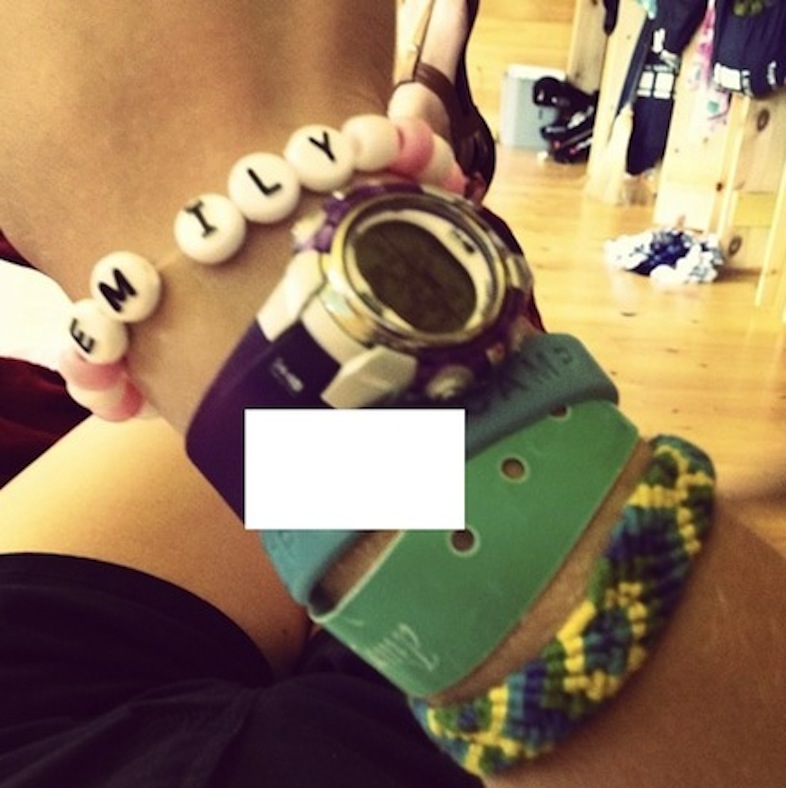
Teaching rock climbing to these girls was challenging. They weren’t afraid of anything, and were reckless when we asked them to double-check that their carabineers were secure. They wore their helmets on an angle, or placed on the backs of their heads so not to mess up their hair. I had to fix and remix a lot of helmets that summer.
On the rock wall, most of the campers were accustomed to being belayed over the challenging sections of the wall. After a few weeks, I had red marks on my body from hoisting the girls who wanted to hang in their harnesses while I supported their weight. I know that sounds like a heavy-handed metaphor for rich girls being lazy, but it was true.

There were bright spots in the summer, when my girls let their guards down. When I realized how often my girls talked about their bodies, I organized a bunk night and opened up two tubs of contraband icing from the local Walmart. We ate the icing on graham crackers and watched “Big.”
My girls were shocked and appalled to discover that I dyed my hair blonde; I fixed my roots with a boxed dye halfway through the summer, and when I looked up, all nine of them were standing in the doorway to the bathroom, their eyes wide. I suspect they had been taught that dyeing one’s hair is an indicator of someone being “low class,” and that using a boxed dye is lower still.
Later that week, one of the girls asked if I could dye the tips of her hair pink with hair chalk. I mentioned this plan around an admin, and it was quickly shut down. I had to tell the girls they weren’t allowed to do anything even semi-permanent to alter their appearances, lest their parents get upset with the camp. It was a rule they had never heard before, because no one had ever asked.
I told my girls they could draw on their legs and arms with markers that night, and I explained what a peaceful protest was. They drew on my legs too, for solidarity.
The camper who initially hated me the most, whom I’ll call Bridget, stuck a maxi-pad on the ceiling above her bed when I asked her to help clean the cabin. I took a lot of private, angry walks that summer; when I got back the girls were usually confused enough to fall back into routine.
After I walked out of the cabin following the maxi-pad incident, Bridget was always the one to help me with more difficult tasks. She brought the mail to the main office and walked around the cabin behind me in the rain, latching the shutters as I closed them. She fell asleep in my bed with me once, and I carried her back to her bed in the middle of the night. Another time, she walked onto the back porch where I was hanging laundry and cried, explaining that she was homesick. When we went back into the cabin, she acted like nothing had happened, and rolled her eyes at me again.
My girls were acutely aware of their elevated social status, and they often tried to provoke a reaction out of me with stories of their party-hopping in New York. They were used to having counselors who found their night-life escapades exciting, but I found a lot of the stories sad. “Have you ever seen ‘Gossip Girl’?” they asked me. “It’s just like that.”
They explained what having a private driver was like, and they listed the clubs that allowed underage girls inside. In their photos, my 13-year-old, filthy, frizzy campers were sleek, well-styled socialites in tiny black tube-dresses. They always appeared to be at record release parties, holding each other around the waist and employing that distinctive sorority-girl squat.
My girls argued about who among them had “hooked up” with similarly rich boys at the adjacent boys’ camp, but on the night of their cross-camp dance, they were stunned into silence standing in front of the boys, each girl wearing dark-wash skinny jeans, her tightest fitting camp uniform shirt, and pin-straight brown hair. They were simultaneously beyond their years and emotionally behind, and the difference was hard for me to gauge.
One night, a camper asked me about my first kiss, and it started an endless barrage of questions which flowed into the night and after curfew. Had I ever been in love? Did I have a boyfriend? How did I learn how to kiss someone? What did it feel like to dump someone, or to be dumped? I loved the girls in my cabin on those nights, when they dropped the Blair Waldorf act and became what they really were: terrified teenagers who had everything at their disposal, but no real-life experience with struggle or doubt.
At the end of the summer, my girls forewarned me that every counselor had to write her campers “bus notes.” I received a pile of these notes from campers. They were as formulaic as the girls’ bedding, using the same phrases to communicate affection: “so much fun,” “love you, girl!” and “stay awesome,” but I was touched that my girls had spared a moment to write something for me. After a long summer trying not to be pretentious or prescriptive with these girls, I had somehow stumbled into a role they appreciated.
I wrote my girls bus notes recognizing the strengths no one else was pointing out: Though my girls were certainly beautiful and athletic, they were also capable of immense emotional intimacy and had fiery, determined personalities. I told them they were fiercely loyal to each other and unafraid to reflect on their own triumphs, and I said those skills would be threatened as they grew into adult women and were expected to compete with each other, tear each other down or downplay their victories in order to attract male attention.
“You’re not just the girl at the club,” I said to a few of them. “You’re also the girl who got up in the middle of the night to stake down your friend’s tent because it was threatening to blow away.”
It’s my hope that my former campers remain the kind of people who stick maxi-pads to the ceiling, especially if they’re using those defiant urges to make something interesting happen in the world. ![]()

